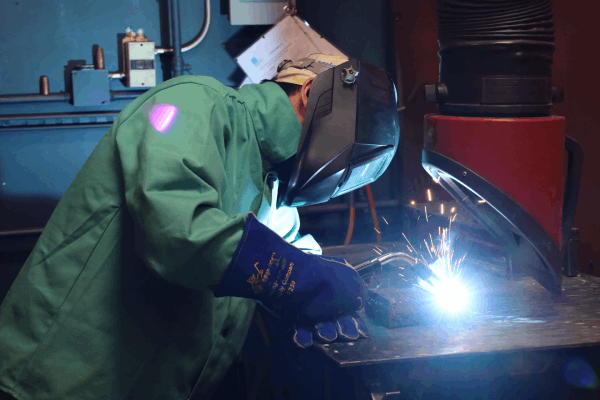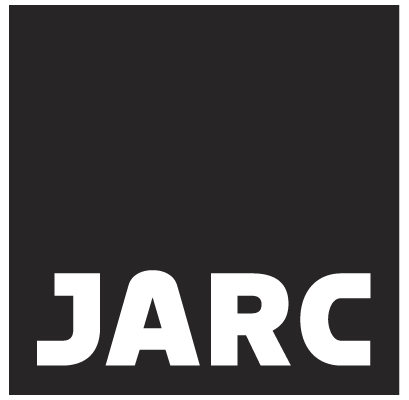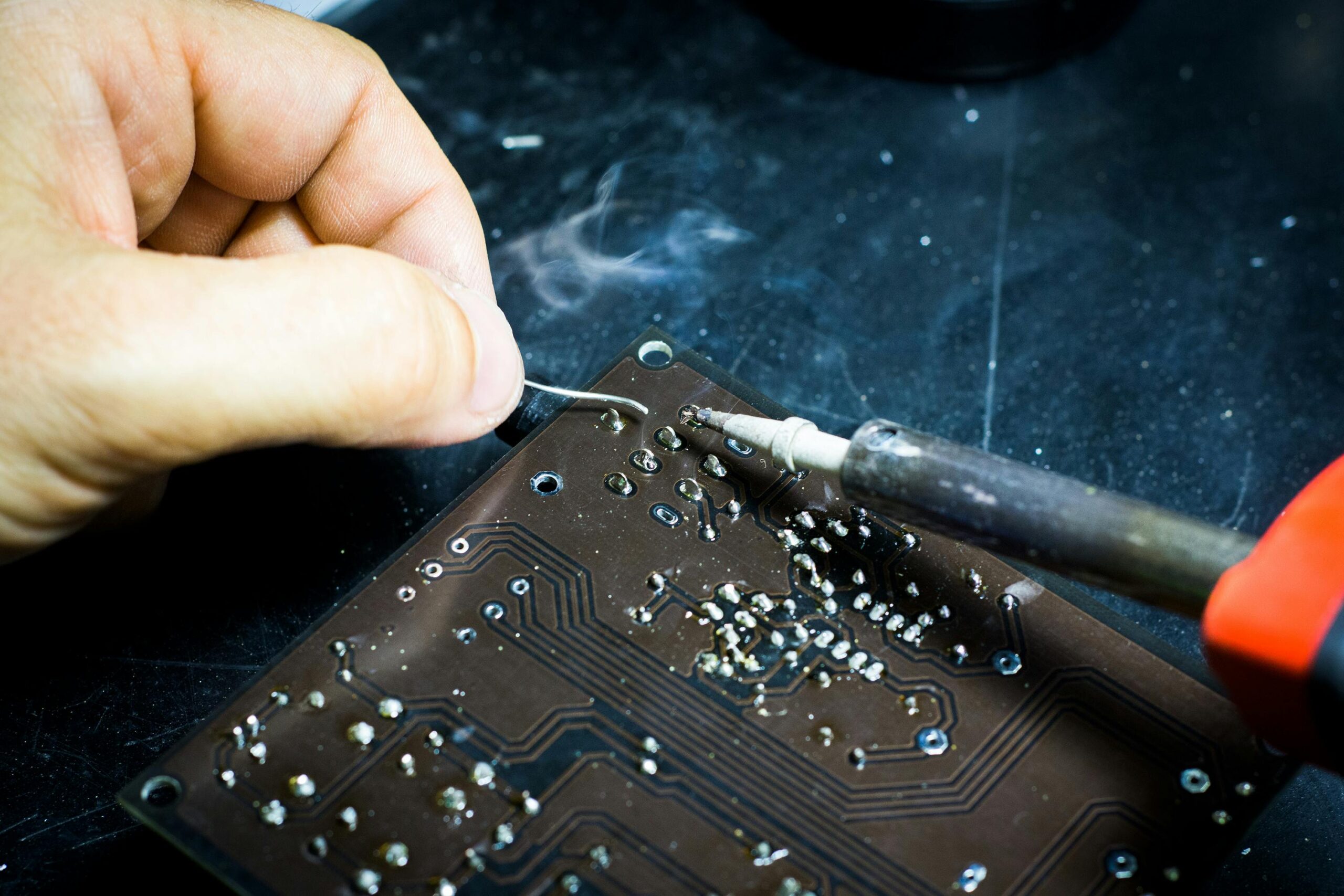The manufacturing industry plays a crucial role in driving economic growth and technological advancement. At its core, skilled laborers—such as CNC machinists, welders, and robotics technicians—are the backbone of this sector.

These workers possess specialized knowledge and training that allow them to operate complex machinery, troubleshoot issues, and maintain high production standards. As manufacturing technologies evolve, the demand for skilled workers only grows.
The Value of Skilled Labor
Skilled labor involves workers who perform tasks that cannot easily be automated. In manufacturing, these roles require technical expertise and the ability to adapt to changing technologies. Whether it’s programming CNC machines for precise machining, ensuring the structural integrity of products through welding, or troubleshooting robotic systems, skilled laborers are critical to maintaining the efficiency and quality of production.

Efficiency and Productivity
Skilled workers significantly boost efficiency and productivity. With their advanced training, they can operate machines more precisely, reducing errors and minimizing downtime. For instance, CNC machinists are responsible for programming machines that produce intricate parts, while welders ensure the structural integrity of key components. Their expertise prevents costly rework and ensures smooth, high-quality production.
Adapting to Technological Change
With the rise of Industry 4.0, skilled labor is more important than ever. Advanced technologies such as automation, artificial intelligence (AI), and data analytics require knowledgeable workers to operate and maintain sophisticated systems. For example, as robotics becomes more prevalent in manufacturing, skilled technicians are needed to install, maintain, and repair these systems. Additionally, AI-driven production lines require workers who can interpret data and optimize performance in real-time.
Training programs, such as those offered by JARC, equip individuals with skills in CNC machining, welding, and robotics, ensuring that they are prepared to meet the demands of today’s advanced manufacturing environment.
Job Stability and Economic Impact
Skilled labor not only provides stable, well-paying jobs but also promotes economic stability. Manufacturing jobs often serve as a path to financial independence, especially in economically challenged communities. A skilled workforce enables companies to compete globally, attract investment, and contribute to local economies.
At JARC, we see firsthand how equipping individuals with in-demand skills transforms lives and communities. As more people gain access to high-quality training, they secure stable employment and help bridge the skills gap in the manufacturing industry.
The Future of Skilled Labor in Manufacturing
As the manufacturing sector continues to evolve, the role of skilled labor will only grow. The rapid pace of technological change means that workers will need ongoing upskilling and reskilling to remain competitive. Employers will increasingly seek out workers with the technical skills needed to adapt to innovations in automation, robotics, and AI.
At JARC, we are committed to preparing workers for the future of manufacturing. Our training programs focus not only on technical skills but also on critical thinking and problem-solving—skills essential to thriving in the ever-changing manufacturing landscape.
Skilled labor is the backbone of the manufacturing industry, driving efficiency, innovation, and economic growth. As the industry continues to evolve, the need for highly trained workers who can operate and maintain advanced machinery is more important than ever. JARC is proud to train the next generation of skilled laborers, ensuring a strong and competitive future for manufacturing.
For more information on how JARC can help you start or advance your career in manufacturing, visit our website www.jarctraining.org today.




Recent Comments